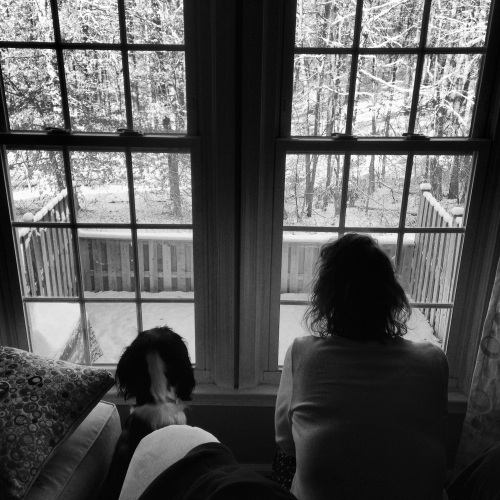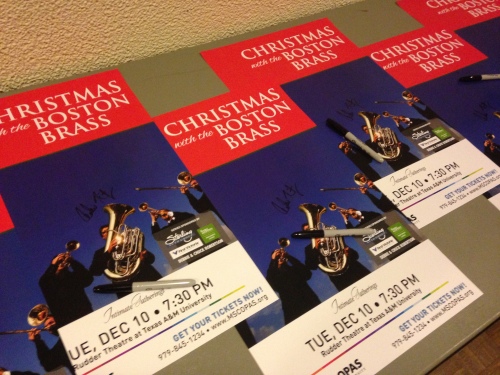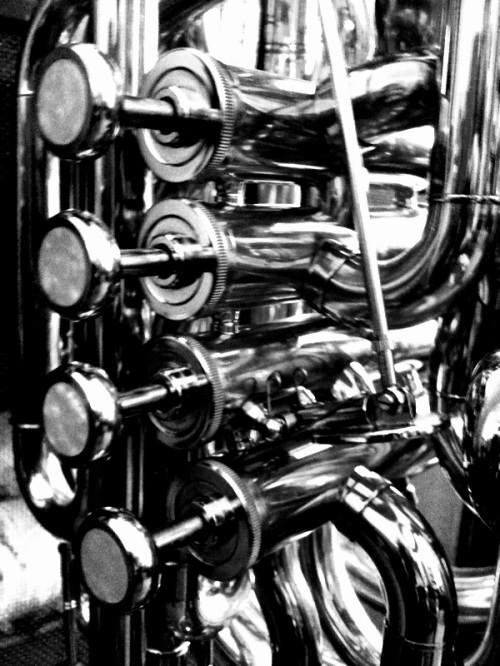Music is more powerful than any of us could ever put into words. When trying to either convey my own emotions or understand someone else's, I always turn to music.
I will never forget seeing the Boston Symphony Orchestra play Mahler's 2nd Symphony in tribute to Leonard Bernstein on the opening night at Tanglewood the summer after he passed away. There were people crying in the audience and players holding back tears on stage. That performance expressed what could not be expressed in words, exactly how much Bernstein had meant to the Boston Symphony, to Tanglewood and to American music.
This clip is one of the most chilling I've ever heard. It is from an afternoon concert of the Boston Symphony on November 22, 1963, one of the most infamous days in American history. Long before every concertgoer had the internet in their pockets, news was not dispersed to people out and about. You were either next to a TV, a radio or a wired phone. As a result, the audience at Symphony Hall that afternoon did not know that President Kennedy had died from gunshot wounds suffered in Dallas.
Music director Erich Leinsdorf addresses the crowd at the beginning of the concert and breaks the news to them. The audible gasps of panic, confusion and sadness are haunting. They then play possibly the most passionate performance of the funeral march from Beethoven 3 that's ever been played.
But words do this clip justice. You need to hear it for yourself.
https://www.youtube.com/watch?v=IVNKNz-lc6k
Also, be sure to check out this story from Time Magazine which includes comments from the librarian that day. He has not been able to bring himself to listen to the above performance even once in the last 50 years. Incredible stuff.







